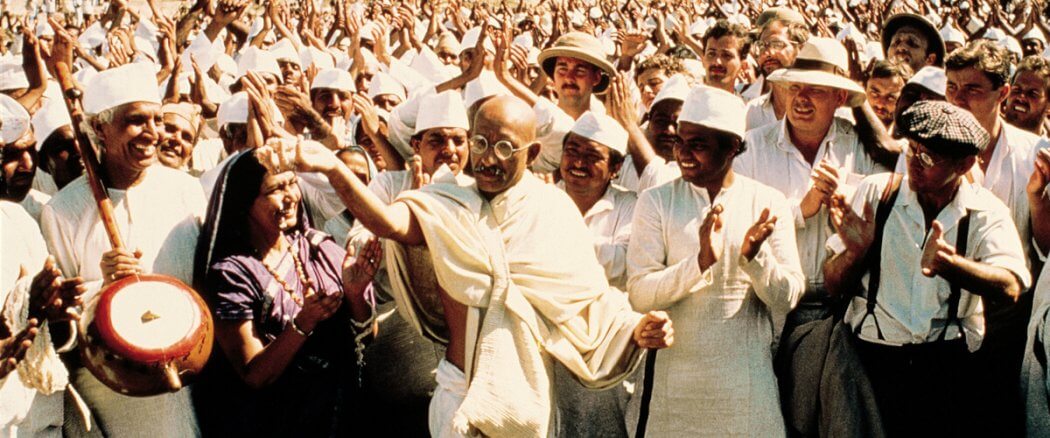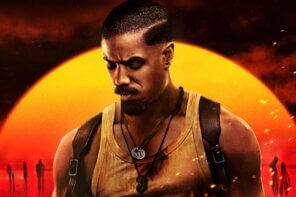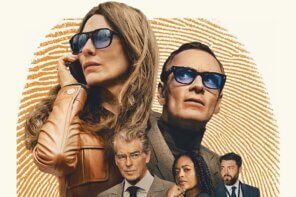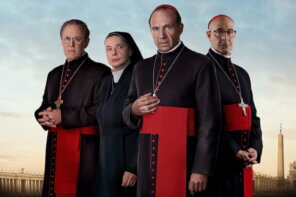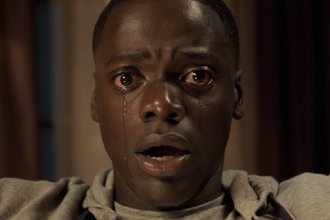Just yesterday I told my daughter that I loved history in high school, but that I also did terrible in it. I would forget what I studied faster than I could pull out my pencil to write a test. But one thing I will never forget: learning about the Hindu caste system when in the ninth grade. Essentially, this system meant that every person living in that country had a destined category assigned to them. If you were lucky, you were born into one of the rich designations. People would be compelled to treat you like royalty, or even deity. There were many mid-way designations, and the bottom of the barrel were the Dalits or the “untouchables.” This was no Sean Connery movie, either. They were people that you not only wouldn’t touch, but you were expected to pretend didn’t even exist. They were the poorest of the poor and regarded as lower than vermin. I’m in my mid-40’s and I still haven’t forgotten that class day. It jarred me to know that this kind of view could exist in the world.
Social Justice Then and Now
Not long after, I learned of Mahatma Gandhi. He immediately became a hero of mine. Watching the 1982 Academy Award winning movie, Gandhi, I hung on every scene, soaking in the story of his life. He was raised in a merchant caste and, as an adult, trained to be a lawyer. During this time of training he was living in South Africa, a place where the Indian community was being overlooked, treated unfairly and oppressed. He fought hard for their civil rights, and when he eventually headed for home in India, he brought the fight back with him.
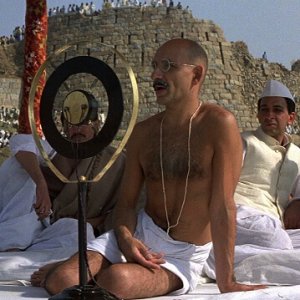 Scenes in this film stick with you as he and his supporters peacefully but stubbornly push for justice and equality in their homeland. What they fought for were 1) easing poverty, 2) expanding women’s rights, 3) ending “untouchability,” and 4) building religious and ethnic amity.
Scenes in this film stick with you as he and his supporters peacefully but stubbornly push for justice and equality in their homeland. What they fought for were 1) easing poverty, 2) expanding women’s rights, 3) ending “untouchability,” and 4) building religious and ethnic amity.
A pretty impressive list, don’t you think? Seems painfully ironic that these are still issues we struggle with as a society today. In our Western world, easing poverty is met with hurdles, apathy, or both. Equality of women? Victims of abuse and harassment are still mostly female, and many women in the workplace still get paid less than men for the same jobs. Maybe we don’t have “untouchability,” but there are plenty of people in our society that we would rather pretend just don’t exist. (We still haven’t figured out how to get along within our economic classes.) Religious and ethnic amity? Oh boy… I shudder to even unpack what this looks like in our church culture today.
Social Justice as a Reflection of Christ
Gandhi’s life and lifework inspired courageous men and women then and continues to do so now. His commitment to social justice and sacrifice for his fellow human beings is positively Christlike, which is wonderful to watch unfold on screen. This movie brings to the Christian’s memory a host of heroes from our rich history like Martin Luther King Jr., Mother Teresa, William Wilberforce, Harriet Tubman, and Dietrich Bonhoeffer. The best part is that this selfless courage is passed down to us and we respond in kind. More movies will be made of Christians who choose to live like their Savior and therefore leave a lasting imprint on society. Maybe the next one will be you.

